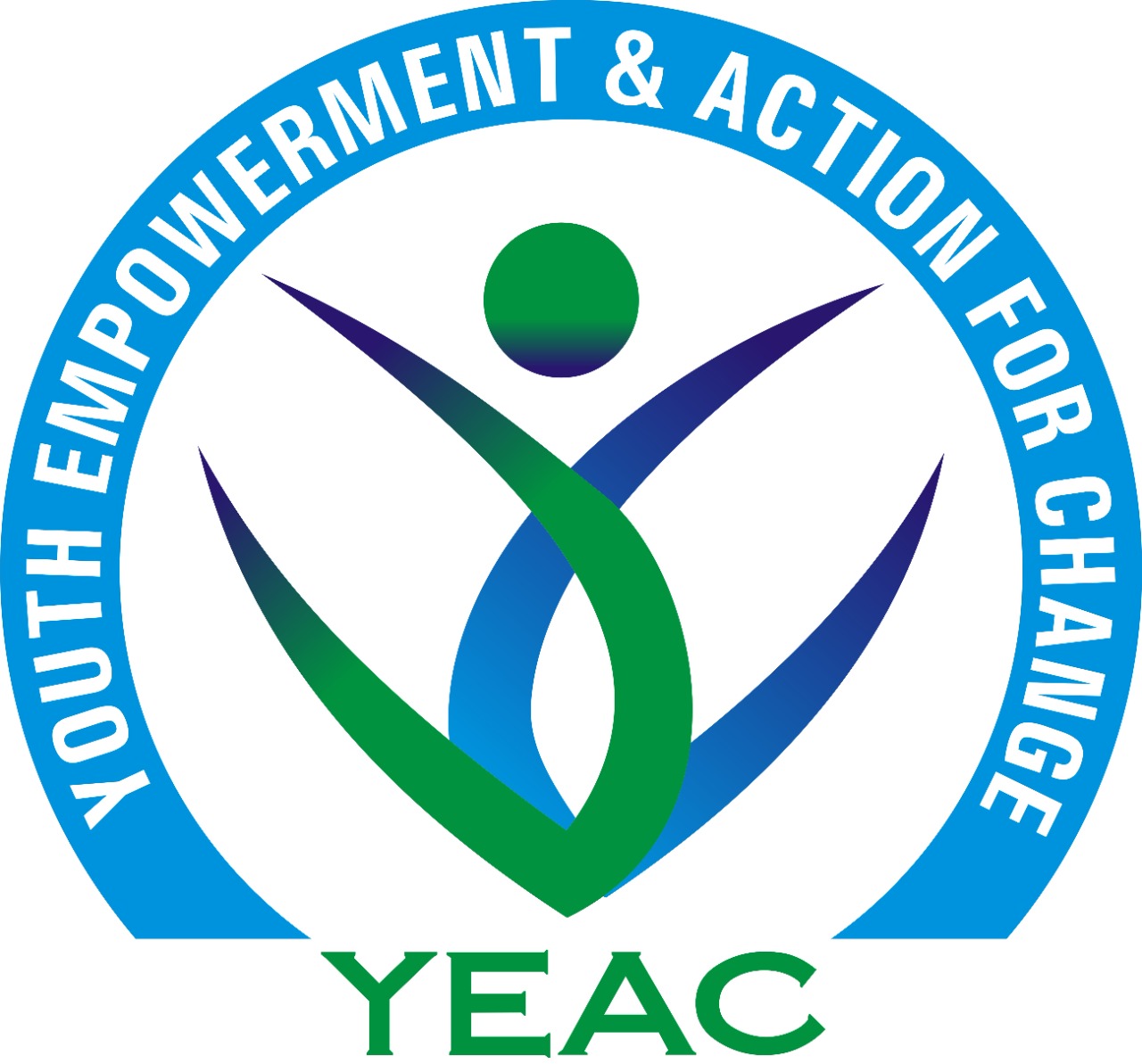About this project
Our project, “Empowering Youth to Combat Plastic Pollution for a Healthier Planet,” focuses on mobilizing local youth to tackle plastic and medical waste pollution through community action, clean-up drives, awareness campaigns and micro-enterprise development. The project combines local knowledge with youth innovation to create grassroots change.
We will train 30 local youth (50% girls) in leadership, advocacy, community mobilization, safe waste management, hygiene and micro-enterprise skills. These youth will become Plastic-Free Champions, leading clean-up drives, raising awareness and engaging with local authorities to improve waste management and combat pollution for a healthier planet.
Trained youth will conduct participatory mapping of waste hotspots and organize 5 clean-up drives in key areas. They will collect and sort 500 kg of plastic and medical waste for safe disposal or recycling. Collaboration with municipal authorities and recyclers will ensure proper handling of hazardous medical waste.
Awareness activities will include 10 street theatre performances and 10 community sessions, reaching around 1,000 people to shift public attitudes toward waste. In addition, we will use social media and radio messaging to reach 2,000 more people, and implement environmental education in five schools through art contests and storytelling.
To support both environmental and economic goals, youth participants will launch a small business making reusable plastic bags, helping reduce single-use plastic while generating income. We will also provide hygiene and safety kits to informal waste workers to improve their working conditions.
This initiative aligns with SDG 12 (Responsible Consumption and Production) and SDG 6 (Clean Water and Sanitation), with a special focus on plastic pollution. Through leveraging local youth leadership and culturally relevant approaches, the project fosters sustainable change rooted in the community.
This youth-led model offers practical, sustainable and locally appropriate solutions where government action is limited. It empowers youth, protects public health and promotes long-term environmental stewardship in one of Balochistan’s most underserved regions, Khuzdar
Goals and Objectives
Overall Goal
To reduce plastic and medical waste pollution in Khuzdar by empowering local youth especially girls to lead clean-up activities, spread awareness and create eco-friendly businesses that help protect our planet and improve community health.
Project Objectives
v To organize, train and engage a cohort of 30 young people (50% girls) in leadership, plastic waste management, hygiene and small business development.
v To promote a cleaner, healthier and safer environment and habits among communities by collecting and properly disposing of 500 kg of plastic and medical waste and raising awareness through street theatre, school programs, social media and community sessions.
v To support two youth-led micro-businesses (Eco-Business Start-Ups) that transform plastic waste into reusable bags, helping to reduce pollution and generate income.
Who Benefits and Why
· Primary beneficiaries:
o 30 trained youth (including 15 girls): Gain leadership, business and life skills.
o Informal waste workers: Receive hygiene kits and safety support.
· Secondary beneficiaries:
o Around 3,000 community members get cleaner streets and better health.
o Around 100 students learn through school art and storytelling activities.
· Why chosen: These groups are often ignored but have big potential to lead change. Including girls and religious minorities ensures equal chances for everyone.
Sustainability and Scalability
This project can continue even after it ends. The reusable bag business brings income and trained youth will keep leading clean-up work. Through working with schools and local authorities, we build strong community support and linkages with local shops and other business to increase our eco-friendly product marketing and sell. This model can be replicate in nearby areas to educate and help more youth and combate plastic pollution to contribute in the environmental protection
Expected result
30 youth (15 girls) trained in leadership, waste management, hygiene and micro-enterprise development by March 2026.
At least 500 kg of plastic and medical waste collected and safely disposed or recycled by May 2026.
5 clean-up drives conducted in identified waste hotspot areas by Mar/April 2026.
10 street theatre performances and 10 community awareness sessions completed by May 2026, reaching at least 1,000 people.
Eco-businesses launched by at least two youth teams, producing and marketing reusable plastic bags by June 2026.
500 students engaged through school-based environmental education programs by June 2026.
3,000 community members; 1000 reached via direct outreach and 2,000 via media by June 2026.
30 informal waste workers engaged and supported with hygiene and safety kits by May 2026.
One Youth Conference held in June 2026 to present the "Plastic-Free Youth Charter" and showcase impact.
The monitoring tools include attendance sheets, photos, waste collection records, media outreach and pre/post evaluations and etc,
Partners

About me / organisation
Awesha Ali
The project leader is a dedicated youth, child rights, climate, peace and environmental activist from Khuzdar with over 3 years of experience in waste management, plastic reduction and youth empowerment. They have led initiatives mobilizing 1,200+ youth for clean-ups, tree planting, peacebuilding, child protection and climate education.
Under her guidance, YEAC won the Global Plastic Pickup Competition in 2023 and 2024 and in 2022, their girls’ team leader won the Teens Dream Award by Global CoLab Network for a project on climate change awareness.
They have partnered with international and local platforms such as Minority Rights Group International and Global Youth Mobilization and they are skilled in organizing training workshops, youth mentoring, and grassroots mobilization. Their leadership ensures inclusion, transparency, and long-term community impact
